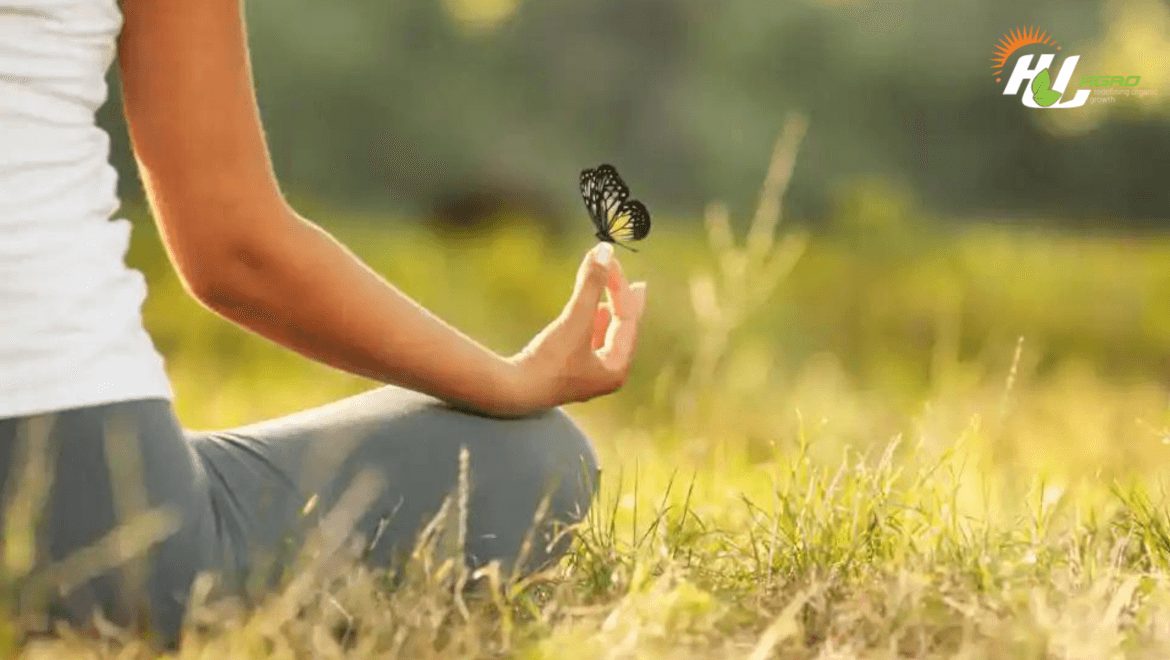Cities are reopening. Lockdowns are lifting. And a few people are setting out to feel they will glimpse a return, however slow and partial, to new normal.
But the pandemic has changed us. Although being on lockdown has been pretty gruelling by and large, the surprise is that many of us have realized there are some things about quarantine life that are worth preserving. We’re questioning the very fundamentals of the “new normal” we’d all come to unthinkingly accept — and realizing we don’t want to travel back, not to that dreary era. For some, going back isn’t even an option. People who are grieving the loss of loved ones per say, are bearing a tragic and irrevocable loss. Millions who’ve lost their jobs don’t have any work to reel back to, also lot many workers have been reluctantly working through this crisis without much choice.
Meanwhile, living in quarantine for months has offered some — mostly the privileged among us — a rare opportunity to reflect on our lives and, potentially, to reset them.
Workers whose jobs defined their lives are now asking what all that productivity was for, and whether we actually want to assess our self-worth by the benchmarks of hyper-competitive capitalism. In this new-normal era, many are finding that the objects that made them look “successful” actually also made them feel miserable, or precarious, or physically unwell.
Quarantine has allowed them to experiment with a new normal set of habits and lifestyles. And they wish to hold in some of these contributive practices, even in a very post-lockdown world.
1) Reducing consumerism
Consumerism is inversely impacted in these uncertain times. People are now reluctant to go for new clothes and other material things post the COVID19 pandemic.
An extended period of staying in and not spending as much has led to the realization that our consumer behaviour is primarily about instant gratification, and not lasting happiness.
Eating in during the lockdown has also allowed us to save money and discover a taste for home-cooked meals. Rather than buying something new, we are now following “mend and make new” ideology and getting more mindful of where we’d be spending our money.
2) Slowing down and putting less pressure on ourselves
Being stuck in our homes has made many folks realize that we’ve spent years rushing through life, pressuring ourselves to urge the “right” jobs and attend the “right” events, even though all that status-chasing was making us miserable.
In a bid to figure out what it might seem like to deliberately create a space in our life to breathe, reflect, and fixate the core aspects of life — the people around us who make it all worthwhile. The millennial wants to place less career pressure on themselves because they now realize work isn’t what matters most in life.
Again, it’s worth noting that the power to pause offers an excellent deal of privilege. Millions who’ve been pushed out of the workforce wish they would be working more, not less. And a few older and immuno-compromised people have had to travel back to work, even if they don’t feel safe doing so yet, as they need the income and the employer-provided health insurance.
3) Prioritizing family and friends
When the chips are down, you see who really shows up for you. Several people have come to appreciate the family members and friends who’ve been there for them during this tough time, and that long after the coronavirus dies down, it’s this group that they want to re-up their investment in.
With social distancing and stay-at-home orders an integral part of the new normal, it is easier than ever to feel isolated from the outer world. But as the days stretch into weeks, we have decided that the only way we will be able to keep our spirits high is by ensuring the people we care about know exactly how we feel about them.
The bizarre, unprecedented nature of this global pandemic has allowed us to reach out to people we haven’t spoken to in ages.
4) Ethical action and activism in our highly interconnected world
The global health crisis has shown us how interconnected we all are, and that we want to keep doing more for others after the pandemic ends. People are donating more to charitable causes, trying harder to scale back their carbon footprint, and engaging in more political activism.
The protests against police brutality have also galvanized millions to fight for racial justice.
5) Exercising daily
As a way to cope with new normal, many people who weren’t previously into fitness have been getting into running, yoga, and other activities. And they’ve been astounded at how much daily exercise can improve life.
6) Baking, vegetarian cooking, and growing herbs
Specifically, people want to cook more vegetarian meals and lean out from meat-eating. The impulse seems to be coming not only from the very fact that there are meat shortages in some grocery stores, but also from the knowledge that a live-animal market in China may have given rise to the coronavirus and that the giant factory farms that supply 99 % of India’s meat are at pandemic risk, too.
It’s not really surprising that the coronavirus crisis has prompted this reaction. The back-to-nature impulse offers psychological comfort at a time of great uncertainty, as well as a practical safeguard against supply-chain problems: If the stores run out of food, at least we will have our vegetables!
7) Spending more time in nature
For many of us, getting outdoors is imperative to maintain our sanity during lockdown. In particular, parents have wanted to give their cooped-up kids a chance to run around and release some energy.
People are now cherishing this new normal phase to reconnect to the natural world. Nature, with its healing essence of rhythms and resilience, can help to calm our anxious minds.
8) Working from home, if possible
With lockdowns in place, companies around the world have rolled out mandatory remote work. To flatten the curve and tide off the crisis, working from home is not just an option rather a privilege for us. With that said, we have come to debunk the myth that remote work isn’t as practical as a 9-to-5 office job. Working from home retains productivity & do offers unique benefits while maintaining the new normal norms.
This break has taught us to evolve, upgrade and accept the realities of life with a high degree of resilience. Nonetheless, if you did not emerge from this pandemic with any great new habits, that is absolutely all right. At times surviving is a feat in itself.






